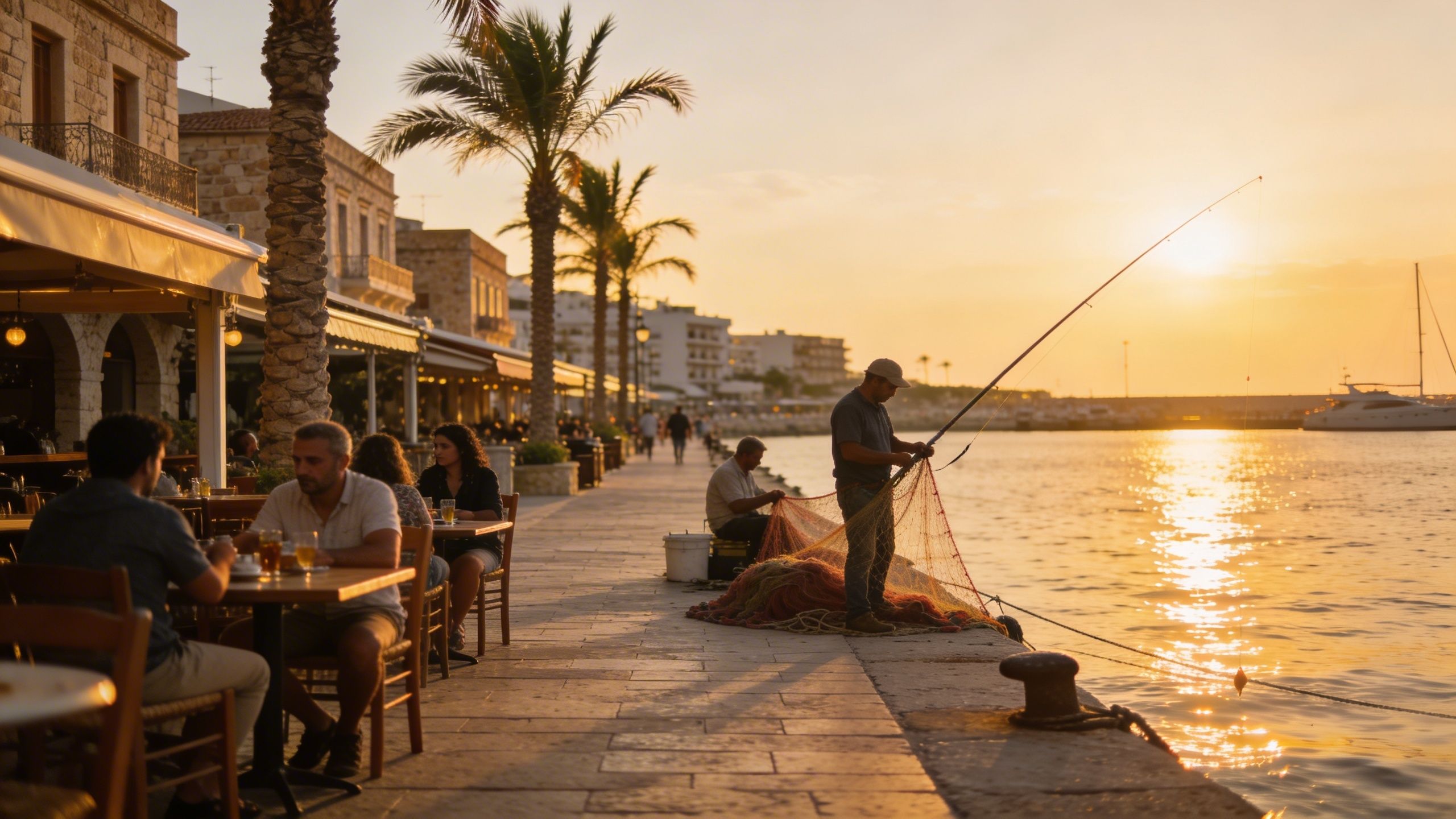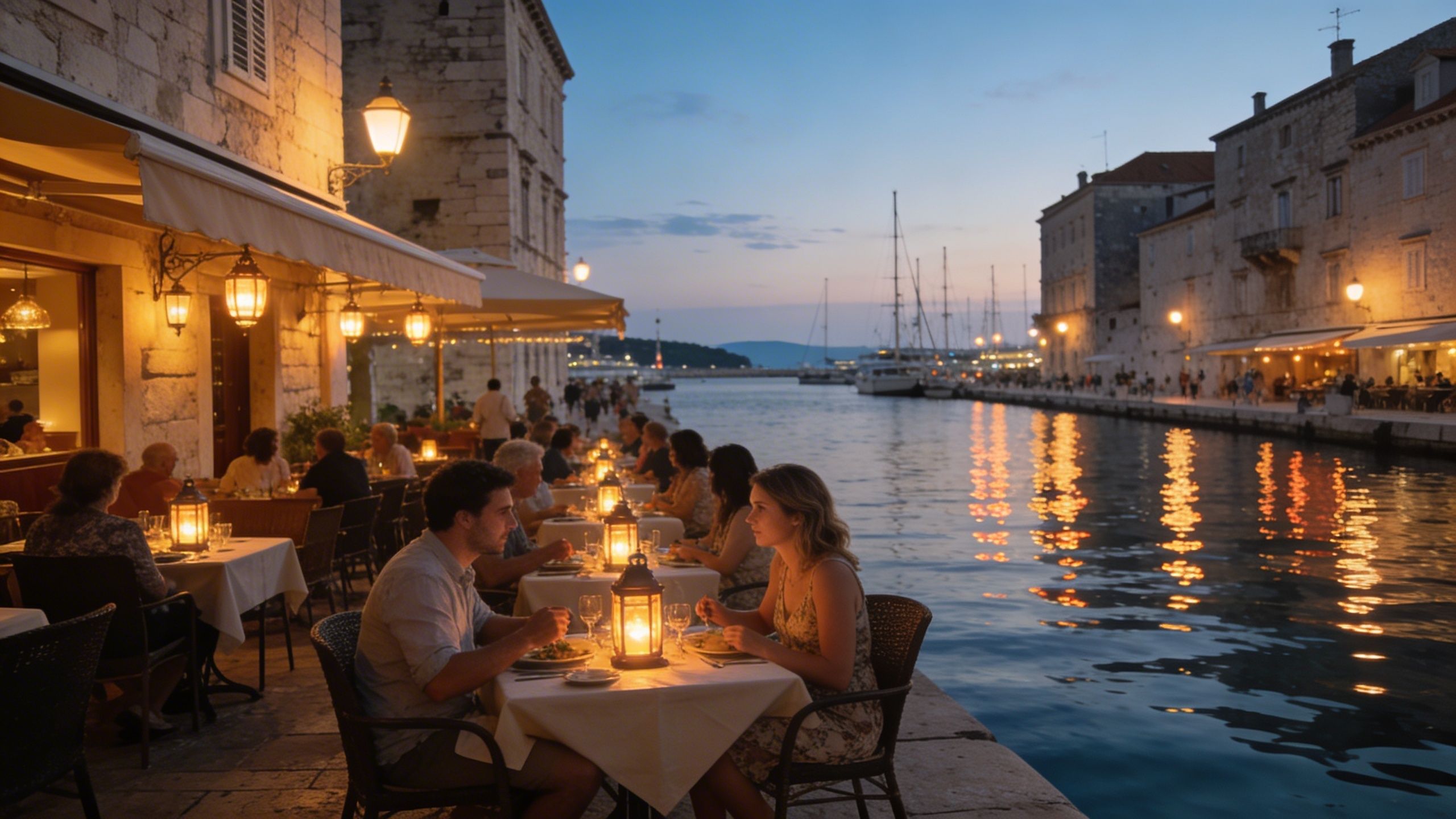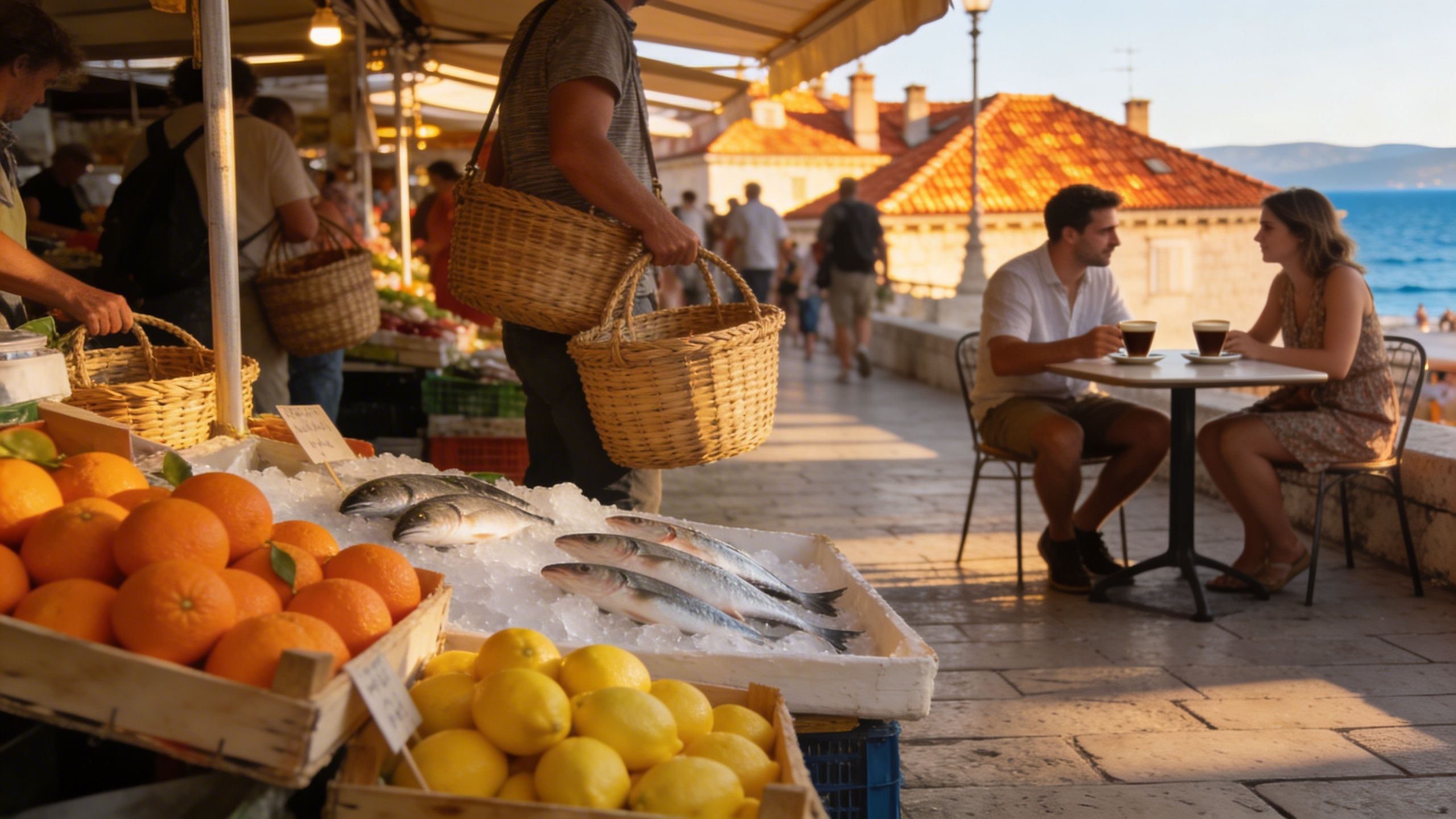Coastal & Heritage Insurance: Cyprus’s Quiet Protection Needs
Why coastal and heritage properties in Cyprus need bespoke insurance: practical, place‑aware protections that preserve lifestyle and value.
Imagine arriving in Limassol at dawn: fishermen repairing nets on the harbour, a barista pulling a slow espresso on Anexartisias Street, children cycling past neoclassical facades. In Cyprus, daily life is measured by light and sea breeze; homes open to terraces and the day begins outside. That sense of outdoor living is why insurance and buyer protections here must do more than cover bricks — they must protect a way of life.
Living Cyprus: light, neighbourhoods and the finer grain
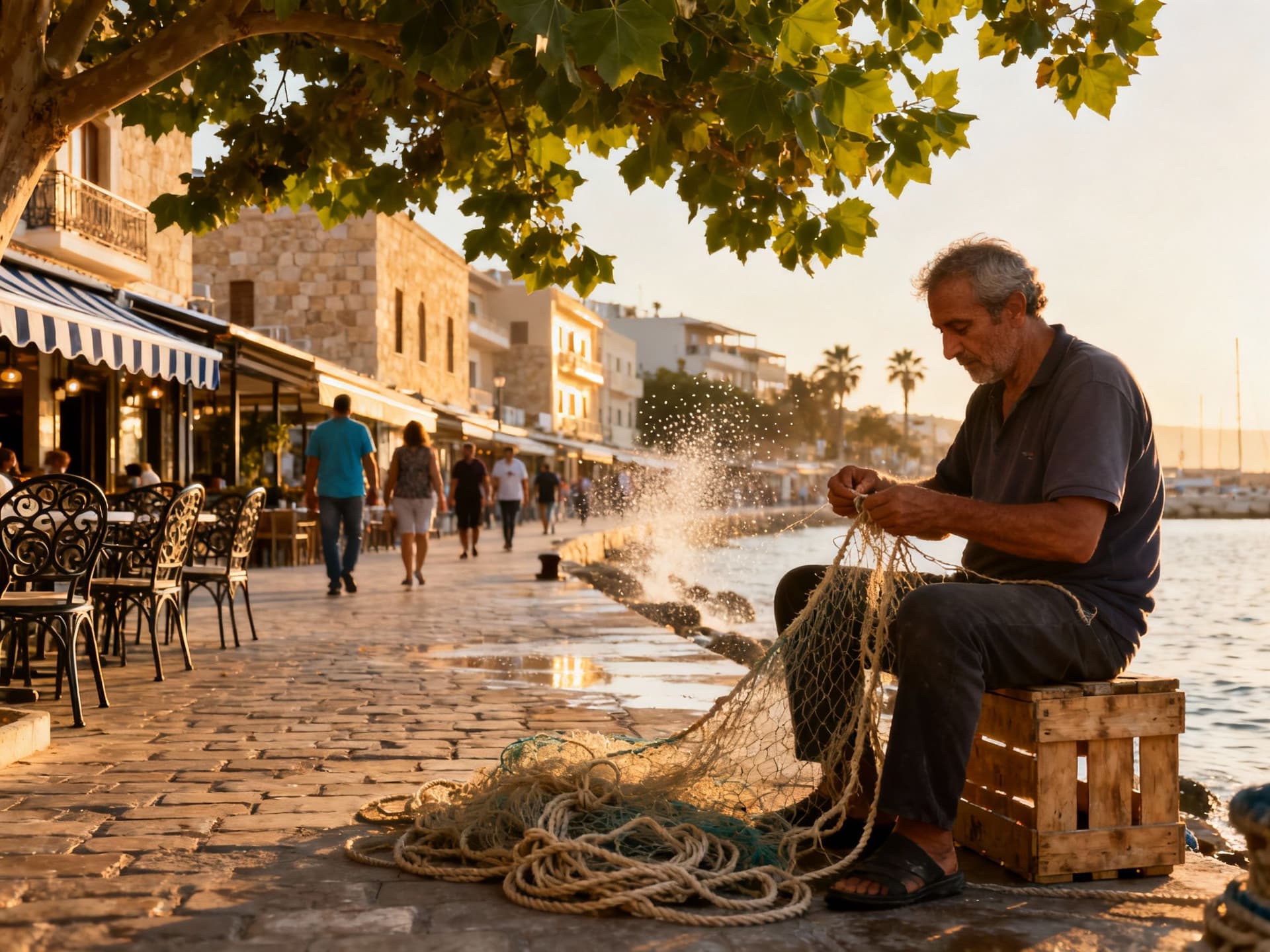
To live in Cyprus is to be neighbour to seasons rather than to calendars. In Limassol and Agios Tychonas, mornings are for cafés and promenades; in Paphos, weekend market trade and coastal walks anchor routines. Nicosia has an inner-city quiet that suits study and civic life. This rhythm shapes what matters in a property policy: outdoor fittings, drainage, and restoration clauses for stonework and timber exposed to a Mediterranean climate.
Limassol & Germasogeia: seafront life, concierge realities
Walk from the marina to Potamos and you trace how international buyers live: apartments with terraces, concierge services, and an appetite for low-maintenance finishes. Those finishes require specialised cover — salt corrosion to metal balustrades, tile slippage on sun-baked terraces and loss of rental income during repairs are real exposures most standard policies miss.
Paphos & Polis: village charm, heritage fabric
In Paphos and the Troodos fringes, stone cottages and period villas demand policies that respect heritage materials. Buyers restored a 19th‑century residence in Tala; when faulty plastering failed, standard cover refused historic-repair costs. Policies that explicitly include artisan restoration, matching materials and professional conservator fees are indispensable where provenance matters.
Making the move: insurance realities that reflect Cypriot life
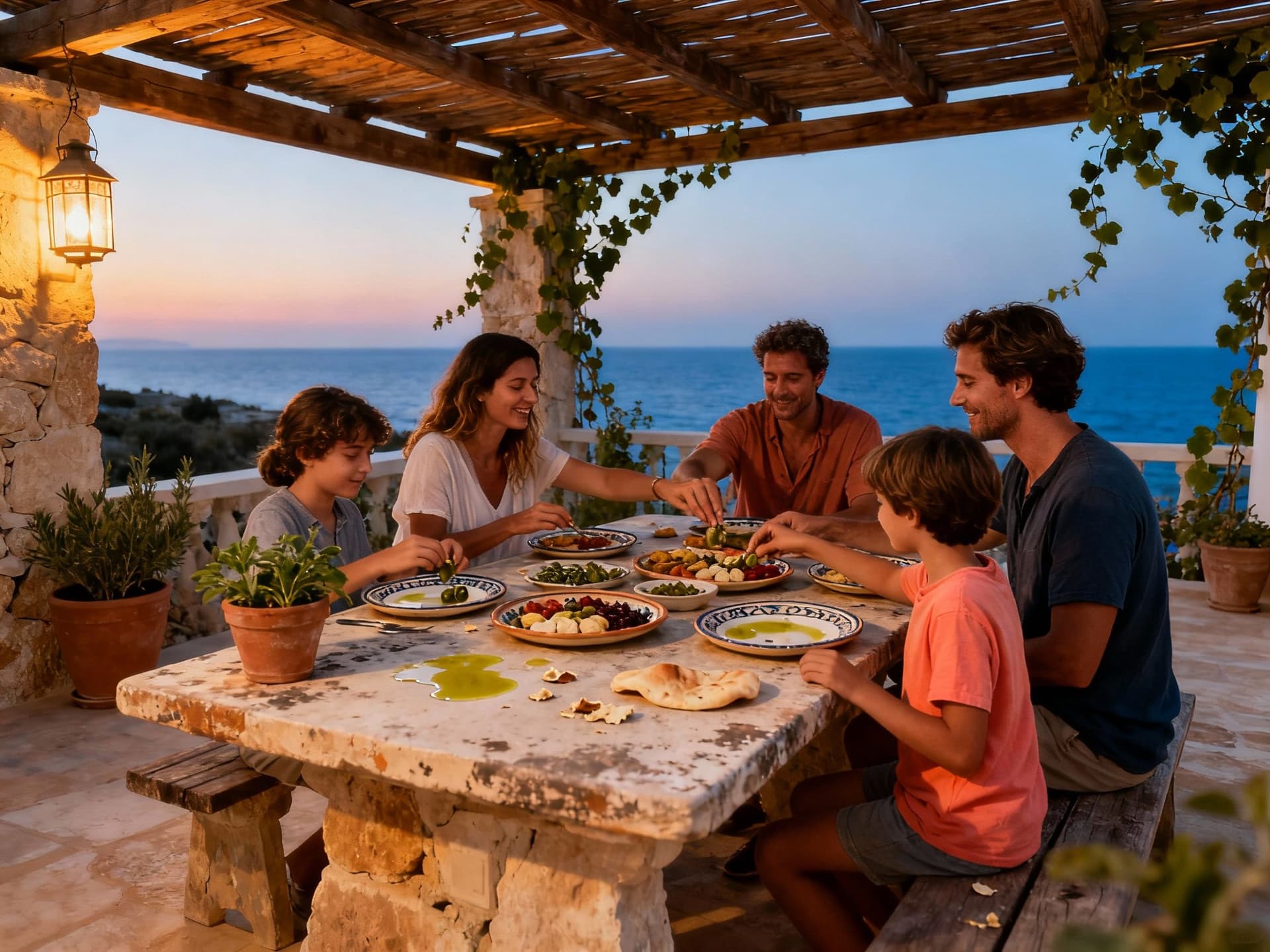
Cyprus prices rose modestly in 2025 — roughly 1–4% depending on the index and district — and demand remains concentrated on coastal towns. These market dynamics change the insurance question: higher values along the seafront mean replacement costs are rising, while rental demand increases the importance of loss-of-rent cover. Review property valuations against official indices when you insure; underinsurance is a quiet hazard.
Property types and the insurance they need
A modern seafront apartment requires different cover to a stone village house. Apartments need specialist communal liability provisions and corrosion cover; period houses need sympathetic rebuild clauses and flood/drainage protections. If the property will be rented short‑term, include guest liability and contents-flex cover for high turnover. Think in terms of use, not just structure.
Working with local advisors who understand place
Choose insurers and brokers who have experience on the island and strong relationships with local builders and conservators. Local advisors can draft policy endorsements referencing Cypriot standards, confirm rebuild costs with approved surveyors, and coordinate claims with contractors who understand lime mortars, traditional stonework and the island’s drainage challenges.
- Key insurance features to request (place‑aware): • Artisan‑repair / matching‑materials clause for heritage fabric • Corrosion and salt‑water exposure cover for coastal properties • Loss‑of‑rent and tenant‑default cover for holiday rentals • Flood and surface water drainage cover, with roof‑to‑ground assessments • Professional fees for architects and conservators during reinstatement • Legal expenses and title dispute protection for cross‑border purchases
Insider knowledge: real talk from expats and common red flags
Expats often discover the island’s pace after purchase: repairs take time, municipal procedures are procedural, and skilled craftspeople are in demand. A common mistake is assuming a domestic policy will cover overseas contractors or restoration specialists. Another red flag is a seller’s refusal to produce a current energy or structural report — insist on independent surveys before exchange.
Cultural nuances that affect protection plans
Neighbours in Cyprus tend to be involved; boundary disputes, shared drainage and tree overhangs are common. Policies that include legal‑assistance clauses and neighbourly mediation support are not luxuries. Likewise, public festivals and summer rentals increase transient risk; short‑term let cover tailored to local regulations keeps liability manageable.
Step-by-step protection checklist
- 1. Commission an independent structural and energy survey before offer. 2. Obtain a local rebuild-cost estimate tied to official indices. 3. Ask brokers for endorsements covering salt, artisan repairs and loss‑of‑rent. 4. Confirm claims handling timelines and local repair partners. 5. Add legal‑costs cover for title and boundary disputes. 6. Review annually against market indices and use changes.
For many buyers, protection is the unseen architecture of contented life in Cyprus: the policy that lets you close shutters on a summer storm and reopen to a repaired terrace with no quarrel over materials. With modest time invested in tailored cover and local advice, you preserve both capital and the small, luminous pleasures of island living.
Conclusion: fall in love first, insure second — and let local expertise bridge them
Picture a terrace in Larnaca as evening opens: neighbours drifting from market to café, the sea smelling of rosemary. Protecting that scene requires detail: local valuations, restoration clauses, tenant cover and legal protection. Start with local surveys and an insurer who understands Cypriot materials and rhythms — then let the island do the rest.
Relocating from London to Mallorca in 2014, I guide UK buyers through cross-border investment and tax considerations. I specialise in provenance, design integrity, and long-term value.
